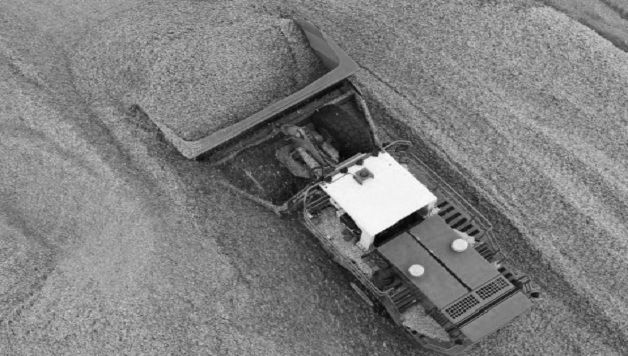In a case that revels in the name Bundeswettbewerbsbehoerde, Bundeskartellanwalt v Schenker & Co and Others, the European Court of Justice (ECJ) has ruled that companies cannot rely on a decision by a national court, or indeed on the advice of their own legal counsel, that their conduct does not amount to a cartel under EU competition laws.
The case concerned conduct from 1994 to around 2007, when over 40 freight companies in Austria were involved in an association (SSK) to procure more favourable road and rail consignment rates. In 1996, the Austrian Cartel Court ruled that the behaviour was a “minor cartel”, meaning its activities weren’t prohibited under Austrian competition law. At the time, SSK also sought advice from specialist competition law advisers, who affirmed the Cartel Court’s decision in relation to the Austrian competition law.
Years later in 2010, and following dawn raids by the European Commission on a number of freight forwarding companies, the Austrian Federal Competition Authority (FCA) commenced proceedings against SSK on the basis that the Austrian conduct could actually breach the EU competition law because it affected trade between EU Member States.
The Cartel Court again held that SSK’s members were not at fault because:
- they were relying on the 1996 decision, which gave rise to a legitimate expectation that their arrangements were not prohibited; and
- they had sought legal advice on several subsequent occasions and each time their advisors confirmed the application of Cartel Court’s decision.
The FCA appealed to the Higher Regional Court in Vienna, which referred a number of questions to the ECJ to help resolve the issue.
The ECJ held that:
- national courts and competition authorities don’t have the power to declare that EU competition law has not been infringed. Consequently, companies cannot rely on a national court’s declaratory orders that they are in the clear. Instead, the powers of national competition authorities are limited to the issue of a positive decision that the relevant conduct amounts to a cartel under EU competition law (and imposing fines, or interim measures to stop the cartel), or to issuing a decision not to prosecute. National Courts and enforcement agencies do not have the power to adopt a negative decision, i.e. that there hasn’t been a contravention; and
- companies cannot rely on the fact that they have sought and received legal advice confirming their behaviour conforms with EU competition laws. Here, it didn’t help that both the Austrian Cartel Court and the company’s legal advisers had only considered the conduct from the perspective of Austrian law.
It is now for the Higher Regional Court back in Vienna to finally determine the FCA’s appeal. The SSK participants thought themselves in the clear for over a decade. As it turns out, following a legal process of Dickensian complexity, it turns out they may have been wrong.
*actually now 28 with Croatia, but that would have spoiled our title.
Photo credit: State Records NSW / Foter








